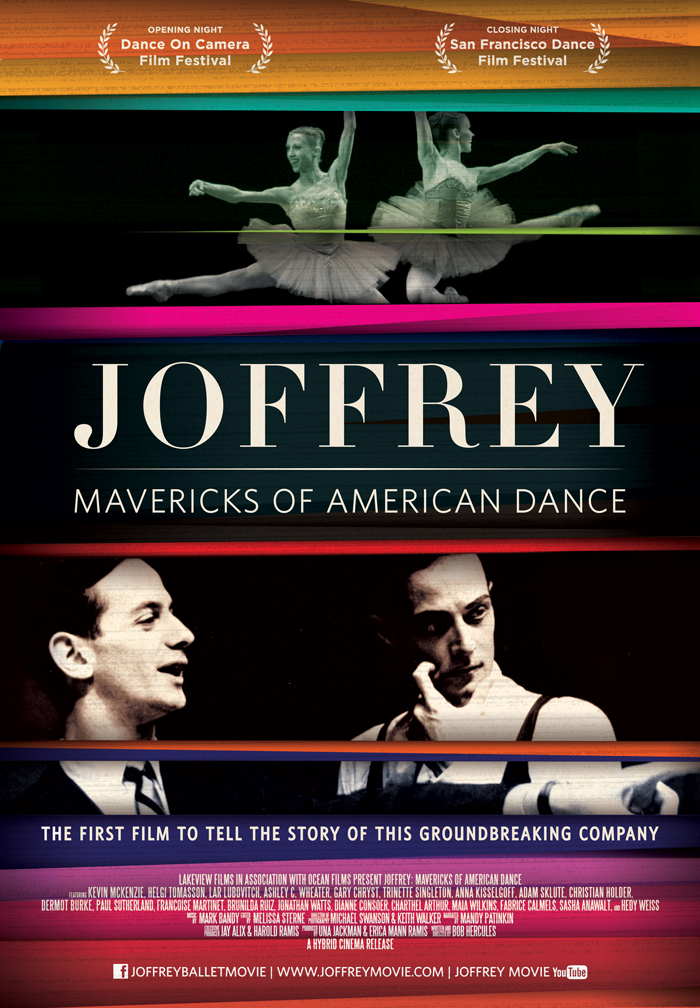New Selling Your Film Book Released– and it’s FREE

I’m really excited about this brand new book, Selling Your Film Outside the U.S. (click here to download the book for free) that I wrote with Sheri Candler, The Film Collaborative co-executive directors Orly Ravid and Jeffrey Winter and Wendy Bernfeld, managing director of the European content curation and licensing company Rights Stuff BV edited […]
An Innovative Launch for Joffrey: Mavericks of American Dance

An Innovative Launch for Joffrey: Mavericks of American Dance By Jon Reiss For the past four months, my company Hybrid Cinema has been working on the release of the new film Joffrey: Mavericks of American Dance directed by Bob Hercules about the history of the Joffrey ballet. I will be writing a number of posts […]
Some Basic Principles of Film Distribution and Marketing for Independents
Distribution and marketing of a film should start as early as possible – and be integrated into the filmmaking process as much as possible. Doing this will benefit the film and make the release more successful and make your life easier.
Books, Books and More Books
This morning at midnight another book that I am participating in, The Modern MovieMaking Movement launched for free on the web. All you need to get your own copie is to click on the link above. My chapter is on the PMD and the New 50/50. I am in very good company as the other […]
Report from the UK: The PMD, Digital Rights and Booking Theatrical in the UK
I’m back now from my trip to the UK – workshop and consulting at the Edinburgh Film Festival as well as a workshop at the London Film School. What I love about travelling and doing these workshops is meeting people who are really helping change the lives of filmmakers, creating tools and resources to help […]